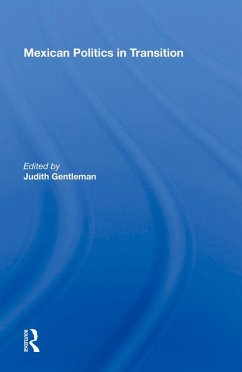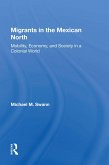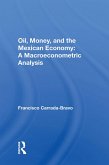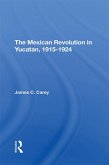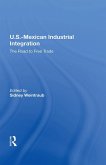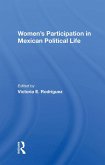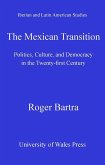Initiated in the mid-1970s, Mexico's program of political reform was designed to provide a new opportunity for political competition. In this book, contributors examine the significance political mobilization has had and the extent to which the reform has served as a vehicle for defusing discontent in the wake of Mexico's failed oil-based development program and the related financial collapse. Specifically, they analyze the Institutional Revolutionary Party's (PRI) performance within the more fluid political context, the development of expanded organized political opposition, the renewal of activity by the National Action Party (PAN), and the response of the Mexican citizenry. The book provides the only detailed empirical analysis of the outcomes of reform initiatives currently available and makes a valuable contribution to the theoretical literature on the process of political "democratization" within authoritarian systems. The case of Mexico is particularly interesting from a theoretical perspective, given the earlier absence of a fully functioning multiparty system in the postrevolutionary period, the development of wholly new instruments for the representation of opposing interests, and the transformation of the roles of established organizations.
Dieser Download kann aus rechtlichen Gründen nur mit Rechnungsadresse in A, B, BG, CY, CZ, D, DK, EW, E, FIN, F, GR, HR, H, IRL, I, LT, L, LR, M, NL, PL, P, R, S, SLO, SK ausgeliefert werden.

